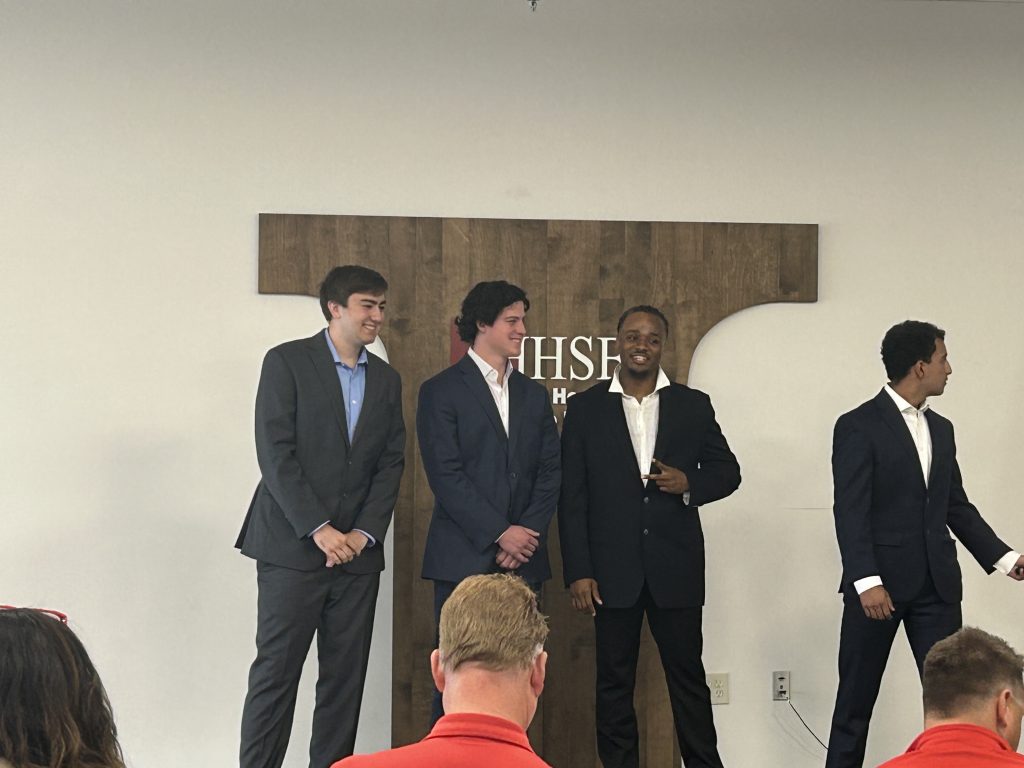To kick off our week with exploring entrepreneurship, we ran through the basics of the practice, and what entrepreneurship means in the form of business linguistics. Last Monday in particular, Cassie Hagan and Brian Biddle (our primary BIP instructors), took us through how entrepreneurship can be applied to the projects we’re working on during BIP this June. Going into last Monday, I knew that entrepreneurs have started the most well-known brands in our world, but I didn’t really know the specifics of the “how” factor and what makes a great entrepreneur. Facebook, Amazon, and Tesla are just some of the biggest brands that have capitalized on their big idea. But how did the founders of these brands get to a point of success?
After reflecting on last Monday, I’ve come to know so much more about how to answer this question because of hearing key
ideas that Cassie and Brian articulated about entrepreneurship. There were three key lessons I took away. One of those key lessons was that entrepreneurship, depending on the individual, is a process of nuanced innovation. There are so many ways to be an entrepreneur. Drop shipping, reselling, creating a new product, creating a new innovative service, running a marketing agency, and providing subscription services are just some of the many ways an individual can “get in the game” when becoming an entrepreneur. But it’s not for everyone. In the case of Mark Zuckerberg, Jeff Bezos, and
Elon Musk, for example, capitalized on their ideas through a ferocious, but disciplined, passionate optimism. And this was a key takeaway number two from the session last Monday: discipline is vital to be a successful entrepreneur. Yes, someone
can encounter luck and be successful in the short term, but the only way to be successful in the long term as an entrepreneur is to have a plan. To be an entrepreneur, you must be disciplined by staying on task with your plan and have the discipline to
adapt to whatever the market is converging towards. And that’s another key takeaway from last week: Entrepreneurial success is greatly determined by the understanding of your target market, and how they may respond to your product. In this case, to be an
entrepreneur you must have passion, but you can’t let your passion blind you. You must be passionate about stepping into the shoes of your target market, and be prepared to implement anything that may satisfy your target market.
So, in general, after learning these key lessons from Cassie and Brian, my fellow BIP co-workers and I pitched our entrepreneurial business ideas, by creating teams for our final pitch day of BIP. Essentially, what we learned from Brian and Cassie last Monday was a great precursor and kickstart to preparing for our business pitches at the end of BIP!
